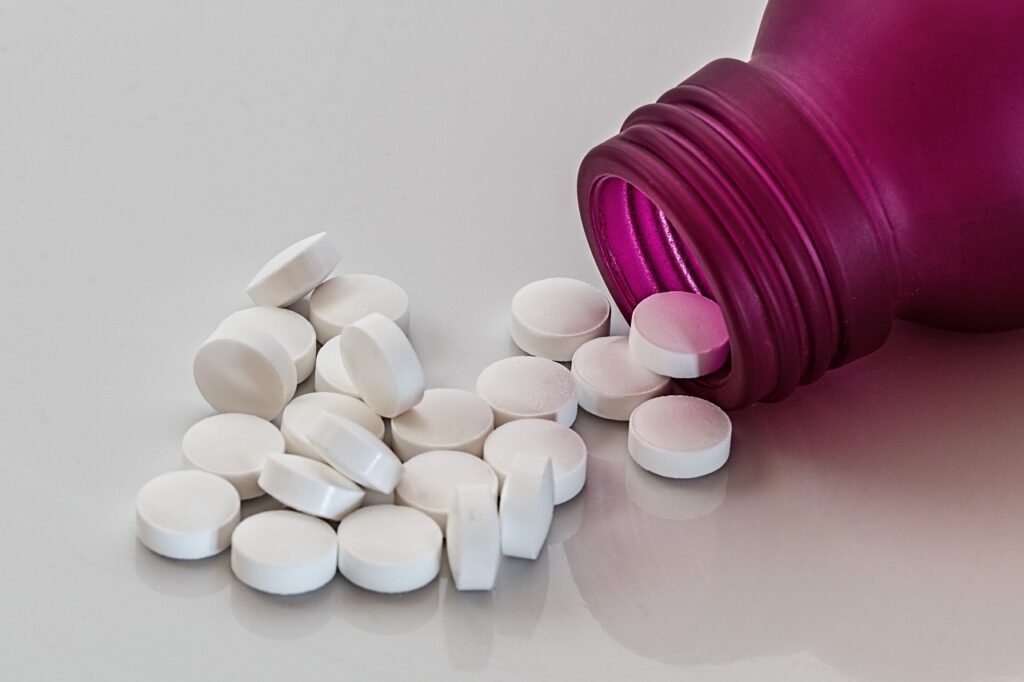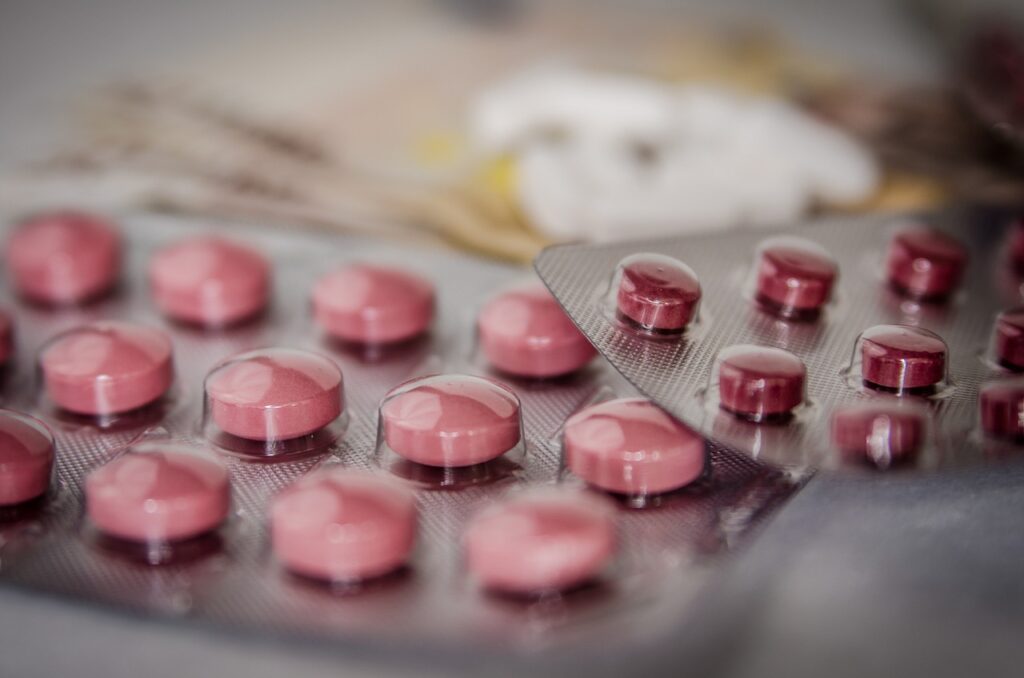20+ Years Experience
Specialist Inpatient Rehabilitiation

Alcohol addiction is a widespread issue affecting millions of people worldwide, with many struggling to find accessible and effective treatment options.
At-home alcohol detox has emerged as a potential solution, offering a more convenient and affordable way to overcome alcohol dependence.
But how can you detox from alcohol at home safely, and what should be considered before embarking on this challenging journey?
In this blog post, we’ll explore the ins and outs of home detoxification, covering everything from understanding the detox process to managing alcohol withdrawal and maintaining sobriety.
Safely detoxing from alcohol at home requires proper planning, medical support, and a thorough understanding of the risks involved.
Developing a strategy to manage alcohol withdrawal symptoms and bolster the recovery process is essential, which may include consulting a medical expert, taking a brief leave of absence from work, consuming specific foods, and having a support network in place.
When undertaking home detox, it is crucial to consult a medical professional if you are experiencing severe or persistent symptoms, including fluctuations in blood pressure, as this may be the right time to stop drinking.
Here are some strategies for managing symptoms and aiding your recovery during the withdrawal process:
In extreme cases, it is not possible to detox safely at home, so we would recommend an alcohol rehab inpatient treatment.
For more information on our professional treatment facility for substance abuse, please contact our team today.
Alcohol misuse can cause a range of mental health issues, liver disease, liver function issues and other problems. Alcohol acts as a diuretic which can also lead to dehydration and imbalances in electrolytes.
Getting help for physical dependence on alcohol is vital.
Home detox involves gradually weaning off alcohol to prevent severe withdrawal symptoms.
It is crucial to consider factors such as medical conditions, severity of addiction, and support systems before starting alcohol detoxification at home.
These factors can help determine the best approach for a successful at home detox.
The process of detoxing at home includes monitoring alcohol withdrawal symptoms, managing cravings, and maintaining a healthy lifestyle.
Alcohol withdrawal can affect the central nervous system, causing symptoms such as tremors, anxiety, and seizures.
Withdrawal symptoms may vary in intensity and duration, with mild symptoms like tremors and anxiety appearing early in the detoxification process, while more severe symptoms like increased heart rate and risk of seizures may arise 48-72 hours after the last drink.
By the end of the first week, most physical withdrawal symptoms should have subsided, though individuals may continue to experience them.
It is essential to closely monitor these symptoms and adjust the detox program as needed, seeking professional medical help if necessary.
Before starting home detox, it is essential to evaluate the severity of alcohol addiction to ensure the detoxification process is tailored to the individual’s needs and that the appropriate level of support is provided.
Potential withdrawal symptoms should also be taken into account, which may include physical symptoms like nausea, vomiting, and headaches, as well as psychological symptoms like anxiety, depression, and insomnia.
In addition to considering the severity of addiction and potential withdrawal symptoms, it is crucial to have access to support systems during detox at home.
This may include healthcare professionals who can monitor prescribed drugs and provide assistance, as well as loved ones and professional help for emotional and psychological support.
Managing withdrawal symptoms at home is an essential aspect of a successful home detox.
Here are some tips to help alleviate discomfort and pave the way for a smoother detoxification process.
It is important to be aware of the potential risks associated with alcohol consumption, alcohol withdrawal, alcohol abuse, and alcohol dependence, and to seek medical advice.
To overcome physical withdrawal symptoms during detox at home, it is crucial to:
Suitable options for hydration during the initial phases of alcohol withdrawal include:
Ensuring adequate hydration and nourishment can help alleviate physical withdrawal symptoms and support the body during the detoxification process.
Addressing emotional and psychological withdrawal symptoms is as important as managing physical symptoms.
Seeking support from loved ones, attending therapy sessions, and practising stress-reduction techniques can help alleviate anxiety, depression, and other emotional symptoms that may arise during home medical detox.
Incorporating practices like deep breathing, mindfulness exercises, and journaling can help manage stress and emotions during the detoxification process.
Ensuring a strong support system and taking care of one’s mental health is essential for a successful detox at home.
Medications and supplements can play a significant role in alleviating withdrawal symptoms and supporting overall health during alcohol home detox service.
Prescription medications, such as benzodiazepines and anti-anxiety pills, may be prescribed by a medical professional to manage withdrawal symptoms.
Nutritional supplements can help support the body during detox and recovery.
Prescription medications, such as benzodiazepines, neuroleptic medications, and anti-anxiety pills, can be prescribed by a healthcare professional to manage withdrawal symptoms and ensure a safe detoxification process.
These medications can help alleviate anxiety, manage sleep disturbances, and prevent more severe symptoms such as seizures.
It is important to consult a professional specialised in addiction medicine before starting any prescribed medication for alcohol detox at home.
This ensures that the medication is appropriate for the individual’s needs and can help minimise side effects or reactions during the detox.
Nutritional supplements, such as vitamins and minerals, can help support the body during detox and recovery.
Some beneficial supplements to consider during alcohol home detox include:
Before starting any supplement regimen, it is essential to consult with a professional to ensure the safety and suitability of the supplements for the individual’s needs.
Proper supplementation, along with a balanced diet and hydration, can help support overall health during the detoxification process.
Support systems are crucial for successful home alcohol detoxification, providing emotional, psychological, and practical assistance during the challenging detoxification process.
Some ways to access support include:
By accessing these support systems, you can ensure a safe and effective detox.
Involving loved ones in the detox process provides emotional support and accountability.
Here are some important aspects of involving loved ones in alcohol home detox.
These steps can help loved ones better understand drug addiction and provide a space for open communication and healing.
Their involvement can offer practical aid, such as helping with daily tasks or providing transportation to appointments, and provide a sense of responsibility to help prevent relapse and maintain sobriety.
Accessing professional help, such as therapy and medical advice, is essential to ensure a safe and effective alcohol home detox.
Therapy can help individuals understand and manage their emotions and psychological withdrawal symptoms more effectively, while medical professionals can monitor prescription drugs and provide necessary medical assistance.
These programs provide support, medication, and counselling to help individuals detox from alcohol safely in the comfort of their homes.
Accessing professional help, such as alcohol addiction treatment, is a vital component of a successful alcohol home detox journey.
Home alcohol detoxification, though beneficial for many, can come with potential risks and complications, such as seizures, paranoia, and hallucinations.
It is important to recognise these risks and take precautions to ensure safety throughout the detox process.
It is important to consult with a medical professional before beginning an alcohol home detox. They can.
Identifying high-risk situations, such as a history of seizures, severe addiction, or lack of access to medical supervision, can help determine if home detox is appropriate for an individual.
Recognising these high-risk situations is essential in deciding whether to proceed with a home detox or seek professional medical treatment, such as inpatient detox (private rehab treatment) or medically assisted detox.
When confronted with high-risk situations, it is crucial to seek professional assistance.
Professional help can provide guidance and support to ensure a safe and successful detox, preventing more serious symptoms and medical complications whilst offering the best chance at long-term recovery.
Ensuring safety during detox at home involves regular check-ins with healthcare professionals, monitoring symptoms, and having a support system in place.
Semi-supervised home detox programs, in which specialists visit multiple times daily during the initial days of detox, can provide additional safety and support.
Taking necessary precautions, such as adhering to a tapering schedule, staying hydrated, and nourishing the body with a balanced diet, can help alleviate withdrawal symptoms and support the body during detoxification.
Following these guidelines can help ensure a safe and successful home detox experience.
Maintaining sobriety after home detox is a crucial step toward a healthier, more fulfilling life.
Some strategies for maintaining sobriety include:
By implementing these strategies, individuals can stay on track and maintain their newfound sobriety.
These plans may include attending support groups, therapy sessions, and other activities that can help individuals stay healthy.
A long-term recovery plan is essential for sustained sobriety after home detox. This plan may involve:
Having a comprehensive long-term recovery plan in place can help individuals navigate the challenges of maintaining sobriety and provide the necessary tools to prevent relapse.
By staying committed to their recovery plan and seeking ongoing support, individuals can build a strong foundation for lasting sobriety.
Coping with cravings and triggers is an essential skill for maintaining sobriety after home detox.
Strategies for managing these challenges may include practising mindfulness, seeking support from loved ones or professional help, and creating a healthy environment to prevent relapse due to unhealthy drinking habits.
Recognising and avoiding situations, people, or places that may induce cravings can also help prevent relapse.
By developing healthy ways to cope with stress and emotions, such as engaging in creative outlets or journaling, individuals can better manage cravings and maintain their sobriety.
At-home alcohol detox offers a practical and accessible solution for those struggling with alcohol addiction.
By understanding the process, managing symptoms, utilising medication and supplements, and having a strong support system in place, individuals can safely detox from alcohol at home.
With a long-term recovery plan and strategies for coping with cravings and triggers, maintaining sobriety becomes an achievable goal.
Embark on the journey to a healthier, more fulfilling life by taking the first step in overcoming alcohol addiction through home detox.
The best way to stop drinking alcohol is to take medications, such as Naltrexone, to block the effects of alcohol in the body.
This combined with counselling can be effective in helping limit or prevent relapse.
To stop consuming alcohol on your own at home, make your intentions known to your friends and family, avoid temptation and reward yourself for progress.
Introduce a new evening routine and keep a dry house to help you stay motivated and stay on track.
To remove alcohol from your body, get some sleep, drink lots of fluids, eat food, and sweat it out.
Exercising can help you sweat out the alcohol, and it can also help you feel better. Eating a healthy meal can help your body process alcohol more quickly. Drinking plenty of water and other fluids.
On average, it takes up to 24 hours for alcohol to be completely eliminated from your system.
Blood tests can detect alcohol for up to 6 hours, while breathalyser tests and urine tests can detect if alcohol remains in your system for up to 24 hours.
Home detox can be a safe and effective choice for many.
However it is important to consider factors such as medical history, the severity of addiction, and support systems before determining if it is the right option.
In cases of high-risk, alternative treatments may be necessary.
There are a range of other services that we can provide. Have a look at the list below for more information:




















We Aim To Reply To All Enquiries With-in 24-Hours